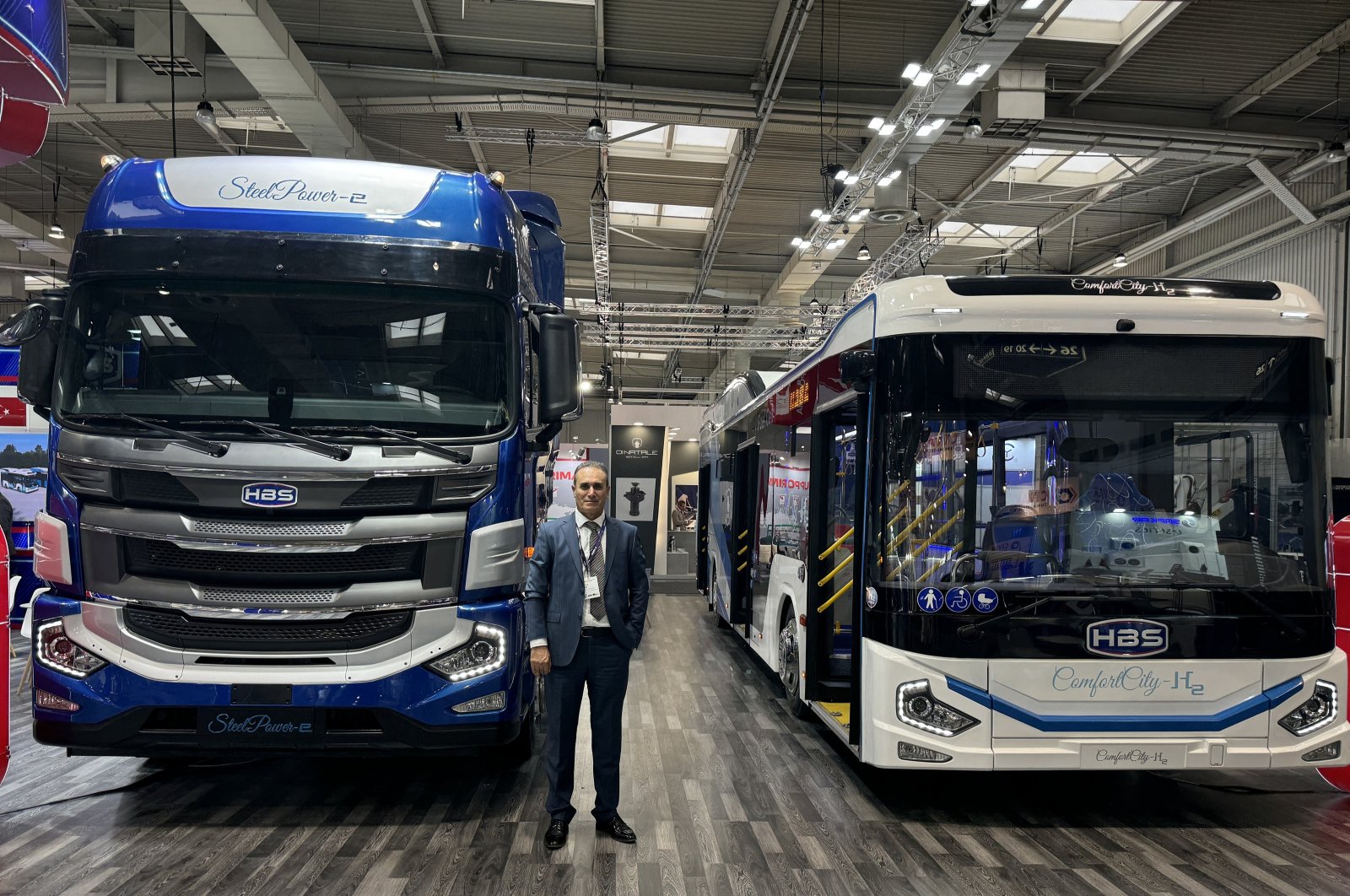
Turkish conglomerate HABAŞ is planning an investment that could reach approximately 1 billion euros ($1.1 billion) for the production of passenger and commercial vehicles, a top company official said on Tuesday.
"We will use the Honda production factory that HABAŞ purchased for passenger car production," HABAŞ Automotive General Manager Hüseyin Urkun told Anadolu Agency (AA).
"We plan to produce two different models of passenger cars, including sedans and crossovers. We will also offer three versions in passenger cars: hybrid, plug-in hybrid and gasoline," he added.
Japanese automaker Honda terminated its production in Türkiye in 2021, which was announced in 2019 as part of a global restructuring plan.
The plans for the new production are seen in light of HABAŞ becoming the second domestic carmaker after Türkiye began production of its first electric vehicle, Togg, in recent years.
HABAŞ, dating back to the 1950s, is one of the major companies in Türkiye, producing industrial and medical gases, steel, electrical energy, heavy machinery and distributing gas, among others.
Speaking to AA at the mobility and logistics exhibition, the IAA Transportation Fair held in the German city of Hannover, Urkun evaluated the brand's goals and investment plans.
He mentioned that HABAŞ started R&D activities in early 2021 in Izmir's Çiğli and established a factory on a 100,000-square-meter (1.08 million-square-foot) area in the organized industrial zone in western Manisa province for mass production.
Urkun stated that the factory will begin mass production at the beginning of 2025 and added: "We are conducting the pre-production of the vehicles showcased at the fair at two factories in the Çiğli Organized Industrial Zone (OSB) in our own facility. Later, we will move everything to the Manisa organized industrial zone."
"We also activated the Honda factory we acquired. For instance, we use the cathodic electrocoating lines from there, conducting all the pre-paint processes for these vehicles. Then we assemble them in the organized industrial zone in Izmir," he explained.
Furthermore, Urkun also noted that they plan to produce automobiles, saying: "We will use the Honda production factory in Şekerpınar, which HABAŞ purchased, for passenger car production. We plan to produce two different models of passenger cars, including sedans and crossovers. We will unveil the passenger car toward the end of 2025."
"There will be three versions in passenger cars: hybrid, plug-in hybrid and gasoline. We developed the designs in-house," he said.
"Currently, we use Volvo engines for passenger cars. For light commercial vehicles, we will continue with Renault."
Moreover, he also explained that the batteries to be used in the vehicles are sourced as cells from the Far East but certified and approved domestically.
"These are HABAŞ-branded batteries. All the vehicles you see now are equipped with HABAŞ batteries. The certification, type and approval are all ours. We have them manufactured there and bring them here. We handle packaging and other components here," said Urkun.
He also highlighted that investments are continuing for automobile production and noted that the investment so far, including automobiles, has reached around 250-300 million euros ($279-$334 million), with the total investment amount potentially reaching 1 billion euros when including commercial vehicles.
He also mentioned that they will increase the automobile production capacity at the Honda factory to 75,000.
"When we purchased it from Honda, the capacity was 50,000. Now, we are raising the capacity to between 75,000 and 100,000. We are currently renewing all the production lines. In Manisa, including light commercial vehicles, there will be a production capacity of 20,000 commercial vehicles."
Urkun added that they have started working gradually on establishing a dealership network and that they plan to enter the market with affordable prices that are consistently lower than those of their competitors.
